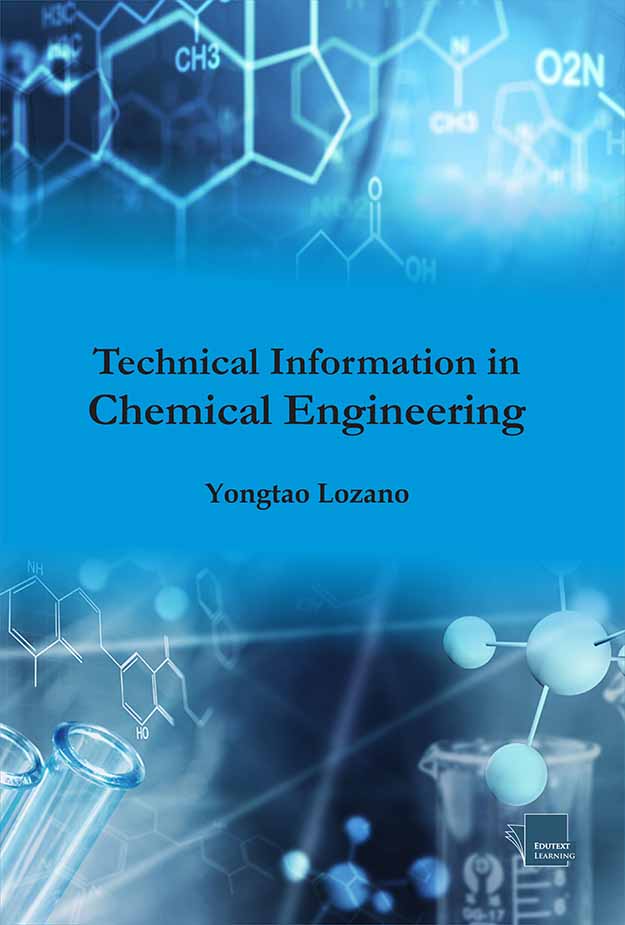Chemical Engineering is a dynamic discipline and it has been evolving continuously since the days of craft innovations of prehistoric times. Chemical engineering involves managing plant processes and conditions to ensure optimal plant operation. Chemical reaction engineers construct models for reactor analysis and design using laboratory data and physical parameters, such as chemical thermodynamics, to solve problems and predict reactor performance. A chemical plant is an industrial process plant that manufactures (or otherwise processes) chemicals, usually on a large scale. The general objective of a chemical plant is to create new material wealth via the chemical or biological transformation and or separation of materials. Chemical plants use specialized equipment, units, and technology in the manufacturing process. Other kinds of plants, such as polymer, pharmaceutical, food, and some beverage production facilities, power plants, oil refineries or other refineries, natural gas processing and biochemical plants, water and wastewater treatment, and pollution control equipment use many technologies that have similarities to chemical plant technology such as fluid systems and chemical reactor systems. The present resource book is the most complete book for chemical and process engineers incorporates the latest information for engineers and practitioners who depend on it as a working tool. Intended primarily for graduate chemical-engineering students, this book also includes material which bridges the gap between graduate and postgraduate requirements.
Title : Technical Information in Chemical Engineering
- Author : Yongtao Lozano
- ISBN : 9781995465715
- Binding : Paperback
- Price : $ 69.99
- Year : 2025
- Pages : 332
- Langauge : English
- Subject Category : Chemical Engineering



















